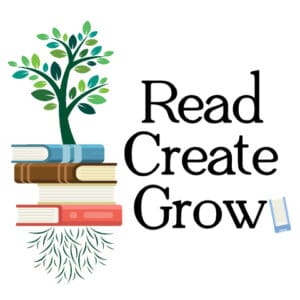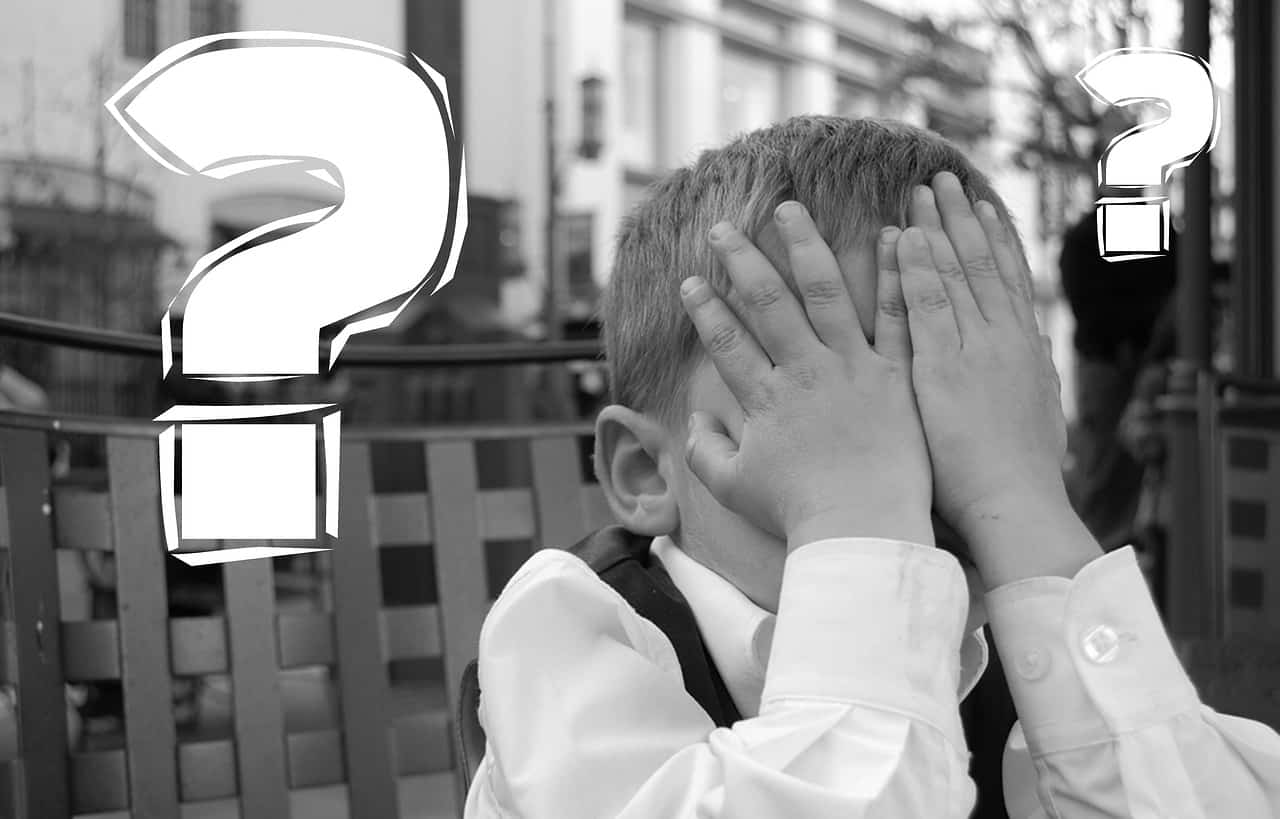Your child is constantly acquiring knowledge, whether you intend them to or not. Their brains are absorbing and filing away data all around them, all the time. This information is informing them of their environment as well as who they are in relation to the world around them. Building general knowledge is one of the important school skills your child will need when they start kindergarten and beyond.
‘General Knowledge’ is the information young children gain from interacting with the adults in their lives, family, culture and their environment. Intentionally building in time to build your child’s general knowledge will boost their academic abilities by giving them a broader framework to place academic information and give your child a better understanding of themselves and the world around them which will give them more success in life through self-confidence and self-awareness.
What Is General Knowledge?
Think about your brain and your understanding of the world as a house. It has an underlying structure that is expanded on into rooms that have meaning, this is cognition, or your ability to think about information.
In this analogy, say you go to Target to buy a serving platter. You understand that a serving platter is a kind of plate so when you bring the platter home, you know that it will go in the kitchen cabinet with other plates of that kind.
Because you have general knowledge of the world you were able to use the connections you have made, your life experiences, things you have perhaps been taught by a parent or even just observed a relative doing, to quickly process and categorize the platter as an item that is like a plate and intended to hold food. Therefore, it may be stored with items that are similar to it.
Most likely, you don’t have to think through all these steps, you just understand this; the collection of information you have at your disposal to process this is your general knowledge on the subject.
Everyone has heard a story of either their child or a friend or relative’s child who sees a person or object out on the street and makes an absolutely wild or hilarious statement about it. That is because they are trying to find a place to put it in their framework of understanding about the world. Does a story like this sound familiar?
A four year old girl exclaims excitedly (and loudly) “Look Mom, a clown!” For which her mother is deeply mortified. She explains that, no the man was not a clown, he just had red curly hair. Up until that point, the girl’s framework for understanding was that “People with red curly hair are clowns.”
Now the girl will understand that only some people with curly red hair were clowns. Her mother continues to explain that there are more requirements to clownhood, such as face paint, large shoes, brightly colored clothing and frequently the location is important as well.
After adding this to her framework it became clearer that the hair style was not the single determining factor as to whether or not someone was a clown. She now has more information to add to her mental framework and could place clowns in a specific closet (ideally with the door locked), and store information about curly-haired people elsewhere, as these are no longer one and the same.
Won’t my child learn all the important general knowledge in school?
General knowledge is more than just the academic information you learn in school. While some of it can be gained from reading, there is more to it than that. It comes from experience with family, your culture and interacting with the environment. The good news though is that general knowledge is easy to build with a little intentionality.
Children always want to know ‘why’ and through a combination of answers and asking your own questions, you can lead your child to the answers as well as the way to find their own answers. This has the added benefit of teaching them the skill of finding answers when no one is able to readily hand one over.
As your child gets older, more and more of their knowledge-building can come from reading because reading skills and comprehension will improve. They will also have increasing access to a wider range of reading material and even computer access that will allow them to find the answers to their questions.
At a young age however, you will largely be the search engine and the key to all knowledge, even if you don’t really have all the knowledge. Part of knowledge-building skills is learning how to find the answers to questions as well. It is okay to ask someone to help you find an answer (like a helpful librarian!), and then go through the steps of searching for the an answer.
Five Tips to Build General Knowledge
Here are five ways you can help your child build their general knowledge.
Tip 1: Read all kinds of things together
Let your child ask questions while you read aloud together. It may seem like it breaks up the story, but your child will store that information away for later. Keep your answers short and as simple as possible without glossing over the important information.
You can also ask questions when you read fiction about what other things are taking place on the page. What colors do you see? How many animals are there? What kinds? What are the non-main characters doing on the page? How do you think they might be feeling? Read nonfiction as well to glean some information about the real world.
Tip 2: Try a rhyme or song
Many rhymes for young children provide real world information, though you may not even realize it after hearing them for so long. “Itsy Bitsy Spider” explains that when it rains the world gets wet, and then the sun dries the wetness from the rain. “Wheels on the Bus” explains how the doors open, windshield wipers work, what the money does and how the wheels turn- all of this real information about how a bus works!
Tip 3: Play is work too
Try pretend play if your child is young. Practice play cooking a meal to teach the process of how a meal works. Food is prepared, placed on plates, dishes are washed and then put away. If your child is older, try an educational game. Scrabble and Boggle can be done using small words. Guess Who works on critical thinking by asking thoughtful questions and remember what has been asked. Not to mention building the sportsmanship and social skills of winning and losing gracefully.
Life is built on experiences and your child will learn from more and better remember the experience of doing something much more than being told an answer to a question.
Tip 4: Make time for discussions
This doesn’t have to be a ‘lecture time.’ It can be as easy as making sure screens are off during meals so everyone has time to talk together. Or have discussions while doing chores together. If your child is very young this can have the double impact of building knowledge of how to do the particular chore as well as getting to talk while doing the activity itself.
For instance, talk together while helping your child put away toys. This teaches the process of how to clean up and where things belong, why it is important to take care of one’s belongings, and any other conversation you want to have while working together to achieve something.
Tip 5: Be Persistent
Being a parent is tough. Constantly having to explain why something works the way it does (especially if you aren’t really sure you know the answer), or how to do this or that while also accomplishing the day-to-day adult responsibilities that you have (like work, laundry, shopping for and preparing dinner, etc.), is a lot of work and can be stressful.
Many times, it seems easier to just do something and not explain it, but just know that your persistence in this process will pay off for your child when they go to school and feel confident learning to read because they already know a lot of words. Or when their teacher asks why something works, they have the answer because you have made a herculean effort to ensure that your child has a better understanding of the world around them.
At times when you feel your child’s progress going too slow, take a moment to offer them some encouragement. Recognize and praise the effort they put in and progress they have made. The moment of praise will both take stress off you by seeing how far your child has actually come, help them avoid feelings of failure and provide your child with the encouragement to persevere when learning something difficult.
Taking the time to help your child build general knowledge about life will help your child in most areas of life. Not only will it aid in their actual education by giving them a framework to place academic information learned in school, it will also give them the confidence to want to learn more because you are taking the time to be part of the learning. Making learning fun for your child will prepare them to be successful, both in school and in life.
*This is, of course, a general guide and is not meant to diagnose. If you have concerns about your child’s behavior or development please be sure to speak with a medical professional, your child’s physician or teacher.
Resources
Huitt, W. & Hummel, J. (2003). Piaget’s Theory of Cognitive Development. Educational Psychology Interactive. Valdosta, GA: Valdosta State University. Retrieved 3/7/2021 from: https://intranet.newriver.edu/images/stories/library/stennett_psychology_articles/Piagets%20Theory%20of%20Cognitive%20Development.pdf
(2020). “Cognition and General Knowledge.” Head Start ECLKC. Retrieved 3//7/2021 from: https://eclkc.ohs.acf.hhs.gov/school-readiness/article/news-you-can-use-foundations-school-readiness-cognition-general-knowledge
(2018). What Are Piaget’s Stages of Development and How Are They Used? Healthline. Retrieved 3/7/2021 from: https://www.healthline.com/health/piaget-stages-of-development
Excerpted from: U.S. Department of Education, Office of Communications and Outreach. (2005). Helping Your Preschool Child. Washington, DC: Author. Retrieved 3/7/2021 from https://www.readingrockets.org/article/language-and-general-knowledge


